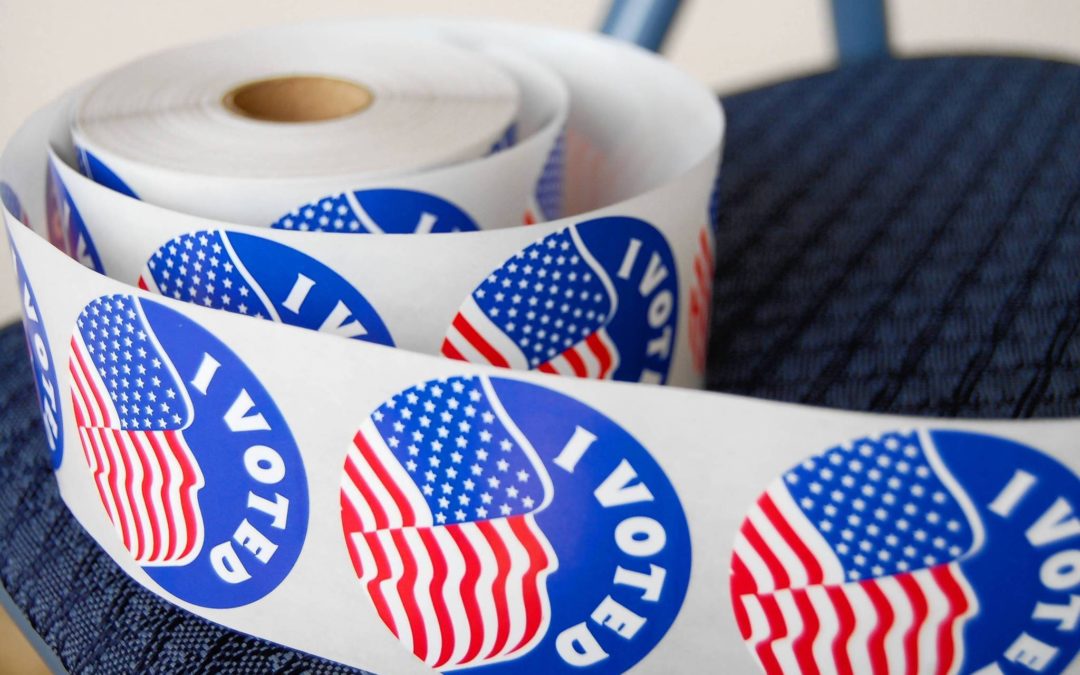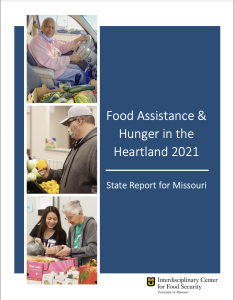by Monica Palmer
Like many of my fellow Gen Xers, I got very excited about voting the year I turned eighteen. It was an important rite of passage. I was finally an adult with an opinion that mattered!
Election Day came, and I waited in line, stood in a little cubicle and did my best to decipher the ballot in front of me. The words blurred, and I felt overwhelmed by the anxiety of facing down an important test for which I had neglected to study. I remember playing “eenie, meenie, miney moe” a few times on that inaugural visit to the polls.
On my way out of the church basement, I tried to avoid eye contact, so I wouldn’t be busted for failing my first job as an American Adult. Then, someone put a sticker on my chest that said, “I Voted,” and I came away feeling like it was all a bit of a sham. No one really cared if I knew what I was doing, as long as I did it. Many years would go by before I would vote again.
Through my twenties, I spent a good deal of time defending my decision to not vote. I rationally explained to people who accused me of neglecting my “civic duty” that I did not have the time or inclination to educate myself about the issues and the candidates. I felt I was doing my country more of a service by abstaining, seeing as how my choices would be about as informed as those made with a Magic 8 ball or a flip of a coin. I was trusting that the people who were actually going to the polls were doing the job correctly, and I was blindly content to let them handle it.
It wasn’t until I was well into my thirties that I realized how truly disinterested our society has become in politics. As it turns out, I wasn’t the only one turning a blind eye to the system. As a country, the United States has reached an all-time high of uninformed citizenry. In fact, the average American is more likely to take a Facebook quiz than vote in a mid-term election.
I’ve never really been one to complain about or argue politics. I suppose this is because I believed our government was comprised of a broad cross-section of intelligent, trustworthy men and women with differing ideologies and beliefs. I trusted that these men and women were working together to make decisions for the greater good and trying to keep an open mind to find answers that worked for everyone. In short, I assumed the system was working.
(This is where I should probably point out that these views are my own, and may not reflect those of my employer.)
I fear the current political system in this country is not working like the well-oiled machine our forefathers envisioned, but I still have enough Pollyanna positivity in me to believe it can be fixed. Voting is an important step to getting us back to the ideal of what our government could be, but I strongly disagree with the “just do it” attitude many hold towards voting. I just did it when I was eighteen, and for me, voting was an empty and meaningless act, because it wasn’t coming from a place of conviction.
We need to cultivate the passion and commitment in ourselves to care about what’s happening to our government. This will lead to votes that are informed, and it will inspire citizens who openly communicate with their elected officials.
The other day, I told a friend that I thought filling in the bubbles on the ballot should carry the weight of saying “I do” to a future spouse. He laughed, but I went on to explain. Communities and relationships require similar things to be healthy. Primarily, they both need engaged parties who are willing to do the work. One spouse doesn’t say to the other, “ok, I’ve chosen you, now go make all the decisions you think would make me happy.” For a marriage (and government) to work, communication is key, and it’s generally easier if you’ve done your research and chosen the right person.
Unlike marriage, however, politics gives us regular opportunities to choose a different partner if the one we have isn’t working out. So, even if you don’t go to the polls today, you can start getting involved right now by learning who your representatives are in your area. Don’t think of these people are celebrities or untouchables. Think of them as partners in your life. Find out what they think is important for you, your kids, and your future. If those things line up with what you think is important, support them in their work, and if they don’t, let them know.
It’s easy to justify not voting. I know; I’ve done it for the better part of my adult life. It’s a lot harder to get involved and care, but for our government to work for the greater good, we have to remember that we bear a responsibility to be engaged in the process. We will get out of our government what we put into it. So, take a moment today to care.
Find your elected officials here.


